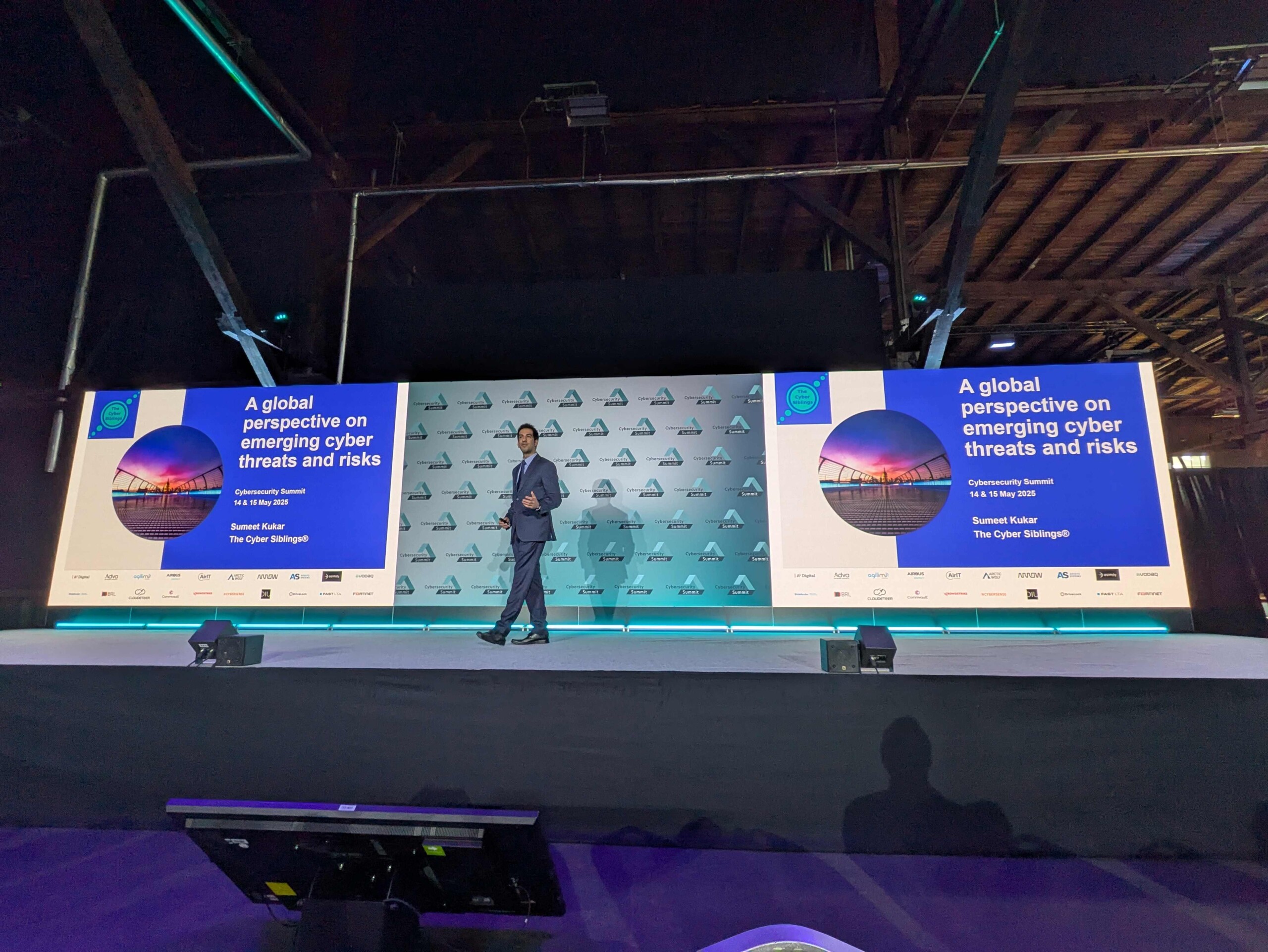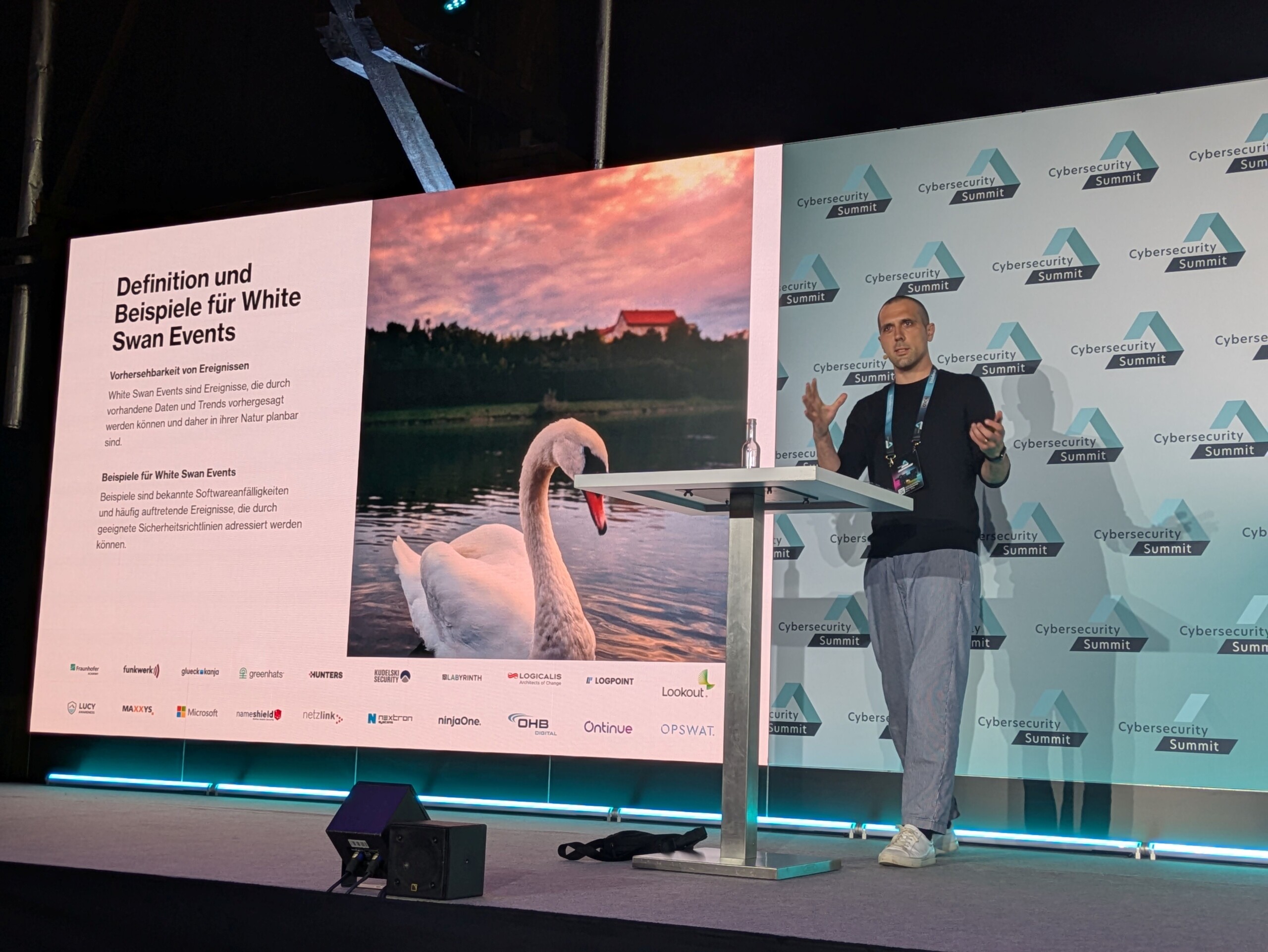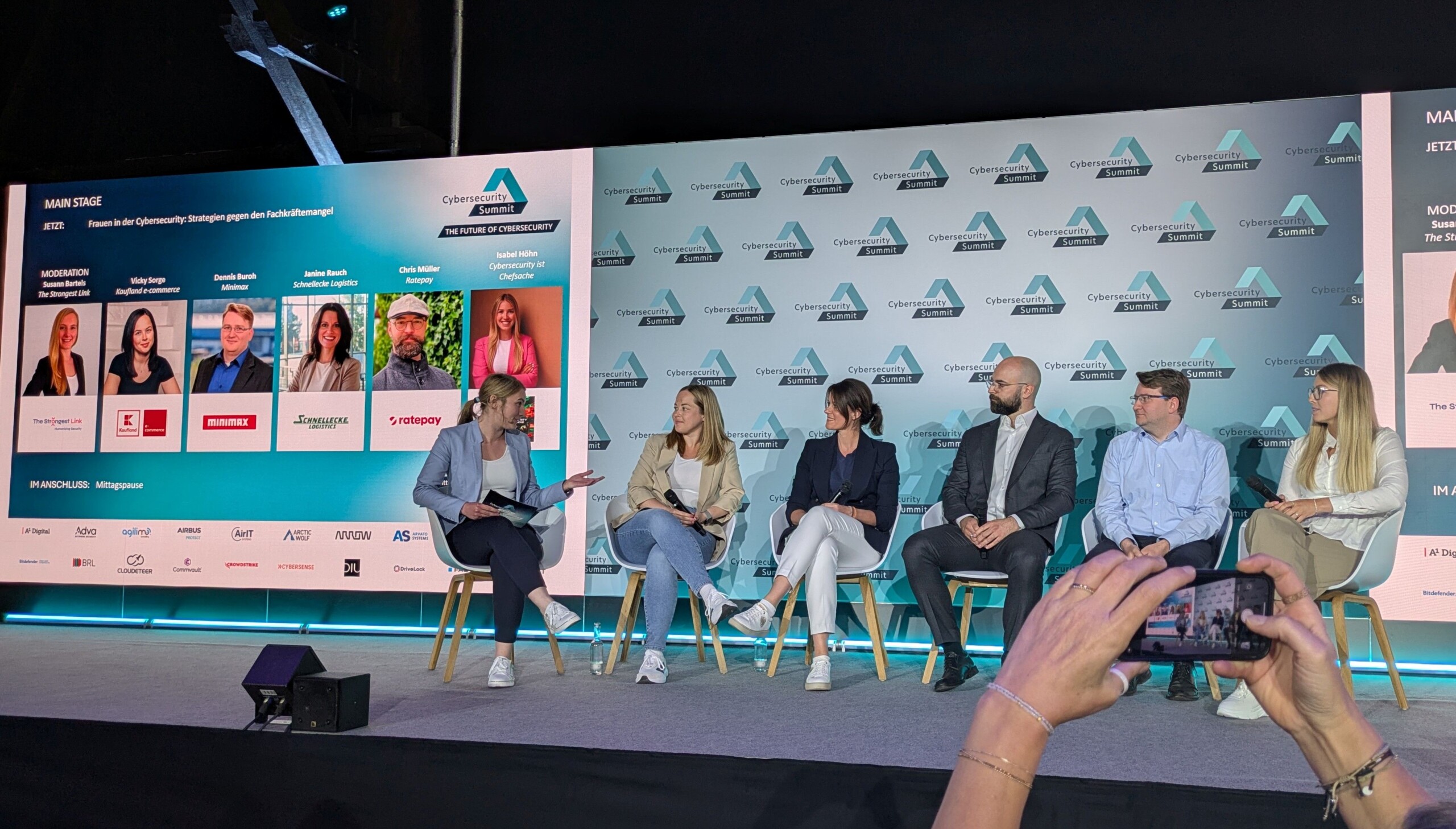Around, 1,100 delegates, 75 exhibitors and startups came together in mid-May in the Schuppen 52 building to discuss all the latest trends, technologies and best practices in cybersecurity. Containers that were being loaded nearby provided a fitting setting, as attacks on the Port of Hamburg alone have increased more than a hundredfold since the start of the war in Ukraine, reports said. However, attacks on critical infrastructure do not catch those responsible by surprise. Sumeet Kukar, a cyber security expert from Australia, used a world map to outline the different nations' perspectives.
Germany, for instance, focuses mainly on protecting the government, ministries and authorities, while Benelux countries concentrate more on hackers' tactics and how they gain access to data and systems. The United States, on the other hand, focuses on data in its entirety. "Critical data is generally given special protection. However, the U.S. is increasingly recognising the importance of 'junk data', i.e., supposedly irrelevant data," said Kukar. By analysing the decision-makers' culinary preferences or politicians' movements, hackers can detect vulnerabilities. Weakspots give insight into corporate developments especially important macro-economic issues.






